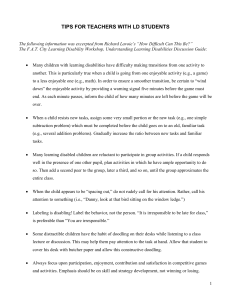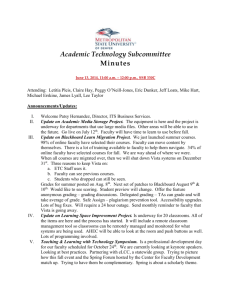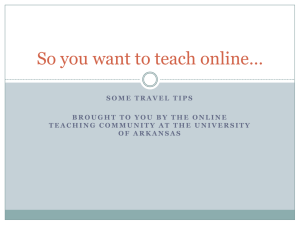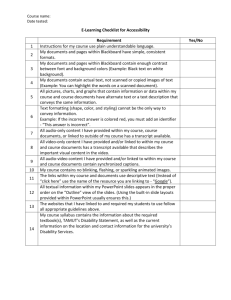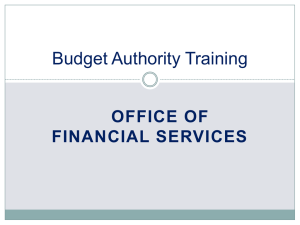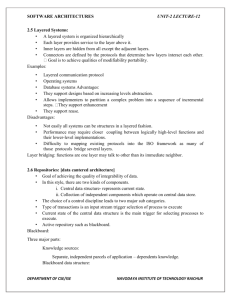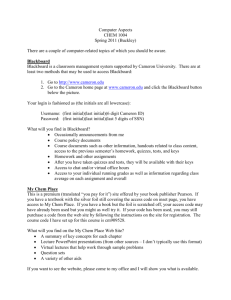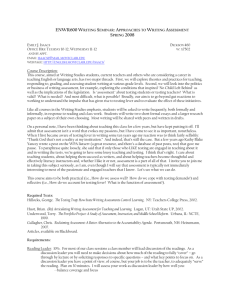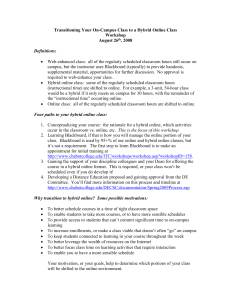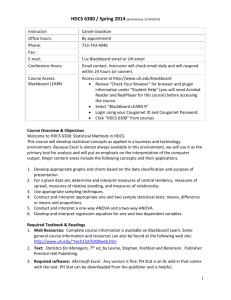Accessible Teaching Materials: Variety & Student Feedback
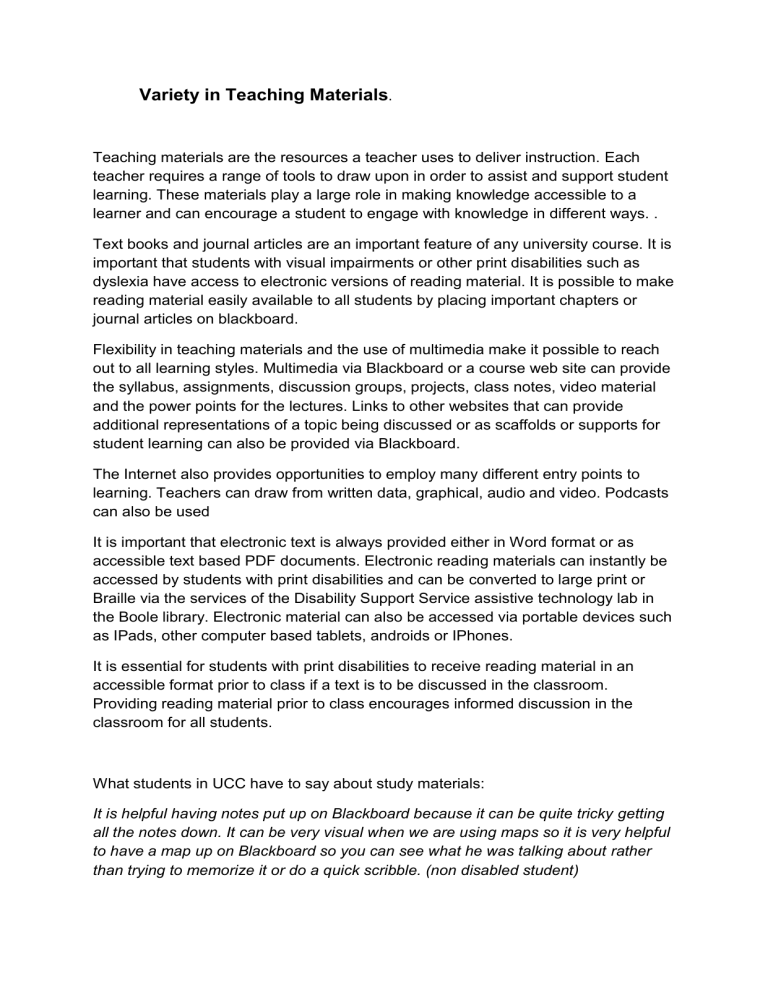
Variety in Teaching Materials
.
Teaching materials are the resources a teacher uses to deliver instruction. Each teacher requires a range of tools to draw upon in order to assist and support student learning. These materials play a large role in making knowledge accessible to a learner and can encourage a student to engage with knowledge in different ways. .
Text books and journal articles are an important feature of any university course. It is important that students with visual impairments or other print disabilities such as dyslexia have access to electronic versions of reading material. It is possible to make reading material easily available to all students by placing important chapters or journal articles on blackboard.
Flexibility in teaching materials and the use of multimedia make it possible to reach out to all learning styles. Multimedia via Blackboard or a course web site can provide the syllabus, assignments, discussion groups, projects, class notes, video material and the power points for the lectures. Links to other websites that can provide additional representations of a topic being discussed or as scaffolds or supports for student learning can also be provided via Blackboard.
The Internet also provides opportunities to employ many different entry points to learning. Teachers can draw from written data, graphical, audio and video. Podcasts can also be used
It is important that electronic text is always provided either in Word format or as accessible text based PDF documents. Electronic reading materials can instantly be accessed by students with print disabilities and can be converted to large print or
Braille via the services of the Disability Support Service assistive technology lab in the Boole library. Electronic material can also be accessed via portable devices such as IPads, other computer based tablets, androids or IPhones.
It is essential for students with print disabilities to receive reading material in an accessible format prior to class if a text is to be discussed in the classroom.
Providing reading material prior to class encourages informed discussion in the classroom for all students.
What students in UCC have to say about study materials:
It is helpful having notes put up on Blackboard because it can be quite tricky getting all the notes down. It can be very visual when we are using maps so it is very helpful to have a map up on Blackboard so you can see what he was talking about rather than trying to memorize it or do a quick scribble. (non disabled student)
Blackboard is the life blood of all electronic data available to us on our course.
However, it is up to each individual teacher as to when he or she puts the information up and in real terms this can vary a lot. You can be talking a couple of hours, a couple of days, a couple of weeks or never at all.(student with a disability)
A lot of my lecturers put the presentations up before class, they use them during class and you have the opportunity on Blackboard to go over them after class. You have maximum retention there. (non disabled student)
Receiving reading material prior to a class is a great help for encouraging discussion because students are not coming to the knowledge without any prior experience of the topic in question. (nondisabled student)
My teachers use Blackboard and I find this useful especially for accessing important articles and important web links. It saves so much time to be able to do this. (non disabled student)
The library has only a certain number of copies of certain books so unless you get it on time there could be another fifty people looking for the same thing so it is easier to have it on line for accessibility. (non disabled student)
Some people are very bad speakers, but when they think about something they can make a written comment. Internet discussion is helpful for people with confidence issues. I did notice that a lot of very interesting discussions were taking place on line which probably wouldn’t take place in the classroom. (non disabled student)
The research from which these quotations have been extracted is available at www.ucc.ie/en/dss/publications/research
